
Kopi Alas Kalipagu, kopi asli dari kalipagu yang rasanya mantap
Biaya tiket masuk Alas Harum sebesar Rp50.000 per orang. Dengan harga ini, kamu bisa puas menikmati pemandangan yang menawan dan udara sejuk khas pedesaan. Selain itu, kamu juga bisa berfoto di berbagai spot instagrammable yang sudah tersedia secara gratis. Alas Harum buka setiap hari mulai pukul 08.00 sampai 19.00 Wita.
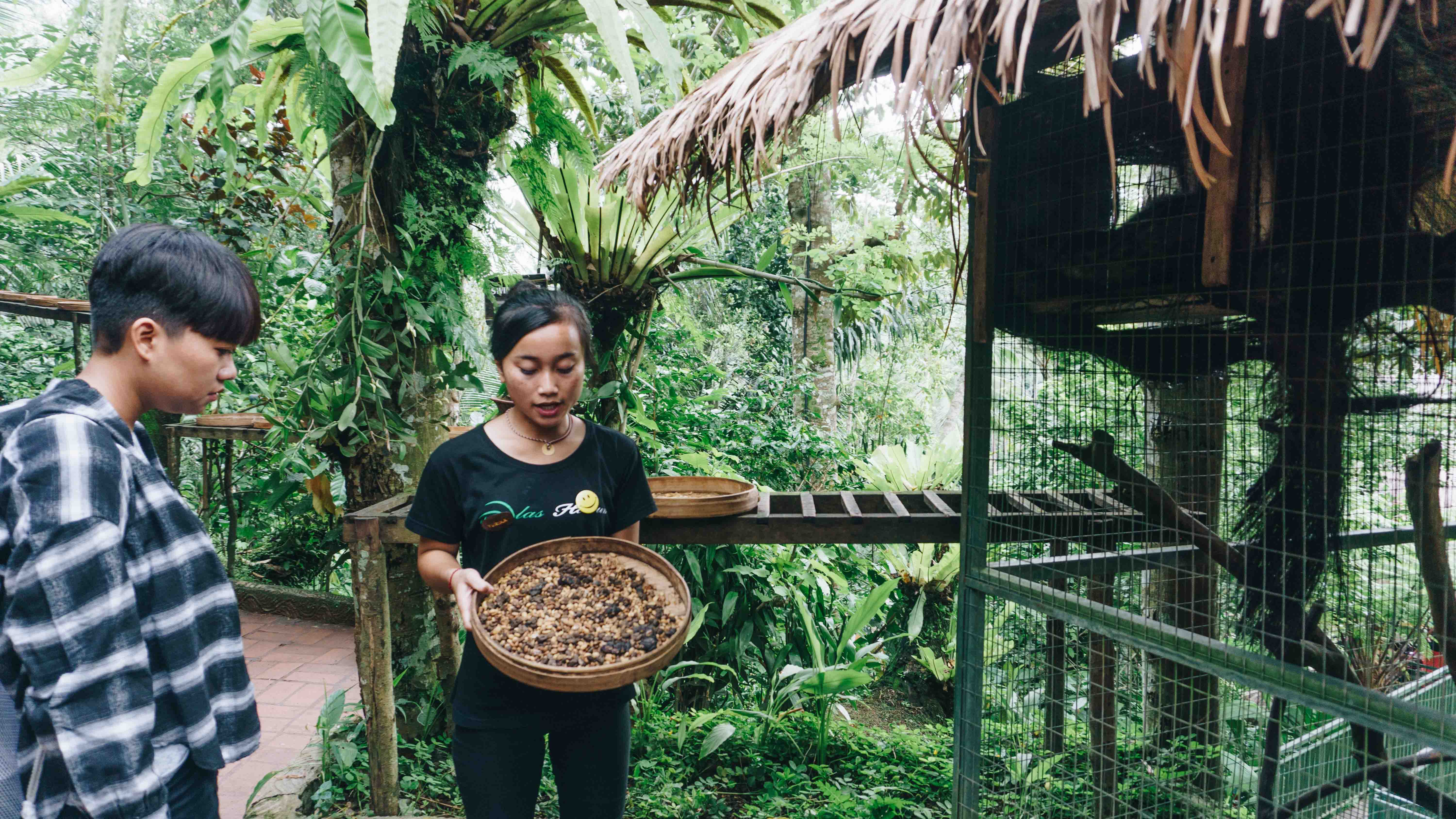
Intip Menariknya Pembuatan Kopi Luwak di Alas Harum Agrotourism Bali KASKUS
Kopi Luwak can sell for more than ofteen hundred dollars a pound, making it the world's second most expensive coffee after Black Ivory coffee. RESERVE NOW.. Alas Harum Bali & Cretya Ubud. Jl. Raya Tegallalang, Tegallalang, Bali, Indonesia +62 812 3802 1174 +62 81 227842083; [email protected];

Kopi Alas, Minuman Maknyus dari Lereng Gunung Wilis
This is the reason kopi luwak is often called "cat poop" coffee. BALI ANIMAL COFFEE. Coffee beans are actually seeds found in the pit of cherry-sized fruits on the coffee plant. Removing these seeds in the preparation of coffee can be done through fermentation.. Alas Harum is one of popular agrotourism object which is located in Jl.

Kopi Alas, Minuman Maknyus dari Lereng Gunung Wilis
Kopi luwak holds the title of being the world's most expensive coffee, primarily owing to its unconventional production method.. Luwak Coffee Agro at Alas Harum Ubud Luwak Coffee Plantation at Alas Harum Ubud. Alas Harum stands out as a popular agrotourism destination, conveniently situated on Jl. Lunga Tegallalang, just a short 20-minute.

Kopi Alas, Minuman Maknyus dari Lereng Gunung Wilis
Located in the popular beautiful hillside paradise in the heart of Tegalalang, 20 minutes ride away from central Ubud and 30 minutes from Kintamani. Surrounded by greenery outdoors that suit you to enjoy adventurous activities like swing, sky bike, and flying fox/zip line. Alas Harum Bali known with it's experience of coffee luwak processing.

Kopi Alas, Minuman Maknyus dari Lereng Gunung Wilis
Alas Harum Bali adalah sebuah obyek wisata perkebunan kopi di kawasan Ubud. Alas Harum Bali dibuka pada 25 Juni 2020 sebagai tempat agrowisata terluas di Pulau Bali, tepatnya di Kecamatan Tegallalang, Kabupaten Gianyar, Bali. Wisata Bali ini awalnya dibuka dengan luas lahan 1.5 hektar. Kini pada tahun 2024, Alas Harum Bali memiliki luas lahan 5.
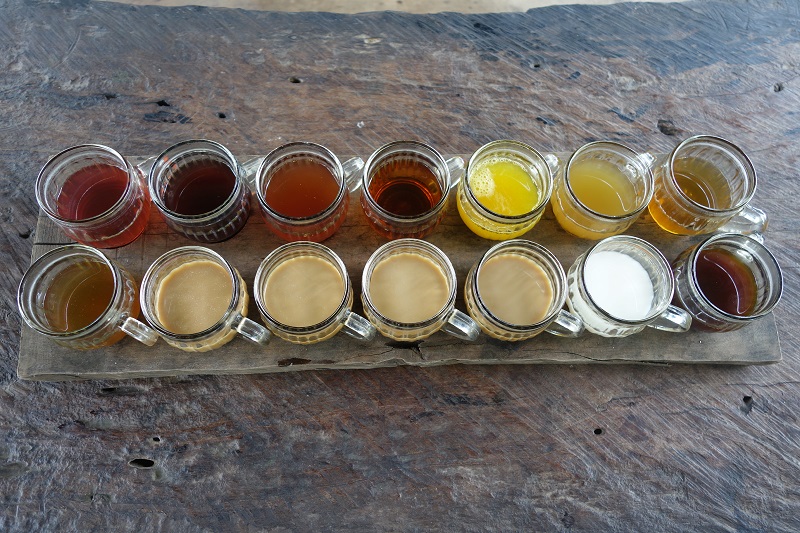
Kopi Luwak Tasting at Alas Harum Agro Tourism Scenes From Nadine
Seperti Kopi Gayo, Kintamani dan masih banyak lagi. Nah, di Kabupaten Kediri, tepatnya di lereng Gunung Wilis juga menghasilkan biji kopi bernama Kopi Alas. Bagi Teman Traveler yang penasaran, bisa simak ulasan di bawah ini, ya. Sejarah Singkat Terciptanya Kopi Pak Sudiro sebagai pemilik usaha kopi (c) Kurnia Pangestuti/Travelingyuk

Kopi Alas, Minuman Maknyus dari Lereng Gunung Wilis
Agrowisata Alas Harum memiliki museum perkebunan kopi di mana kamu dapat melihat bagaimana kopi Bali dibuat, dan belajar tentang kopi Kopi Luwak yang terkenal di Bali. Pengalaman masuk ke museum kopi ini sudah termasuk dalam tiket masuk, dan kamu dapat memilih untuk mencicipi kopi dari semua jenis kopi Bali yang berbeda dengan biaya seharga.

Tempat Ngopi Beredukasi di Alas Kopi Tradisional
About. Alas Harum Bali, a greenery lush tropical rice terraces inspired, with 8 hectares area. Located in the heart of Tegallalang, 20 minutes ride from Central Ubud and 30 minutes from Kintamani. Designed to provide a memorable experience, for adventure seekers to fun and instaworthy photo hunters. Enjoy the expansive iconic three-layered pool.
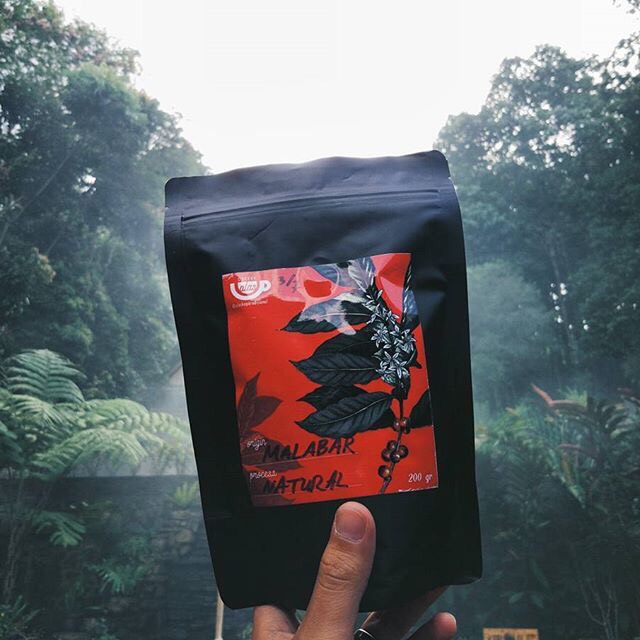
Tempat Ngopi Beredukasi di Alas Kopi Tradisional
ALAS HARUM LUWAK COFFEE UPDATE STATUS OF ALAS HARUM LUWAK COFFEE: OPEN FOR ANY VISITOR/TOURIST *) Since March 20th, 2020 Alas Harum Luwak coffee has been closed according to government command to avoid Corona spreads. **) Since July 9th, 2020 Alas Harum Luwak coffee has been opened with applied New Normal protocol.

Kopi Alas, Minuman Maknyus dari Lereng Gunung Wilis
Kopi Luwak is regarded as the most expensive coffee in the world, priced at around USD 600 - 700 per kilogram. Luckily, curious visitors can try this one-of-a-kind concoction for a fraction of the cost. Just visit one of the many kopi luwak farms in Bali, particularly in Ubud. The one we visited is called Alas Harum Agro Tourism.

Menu at Kopi Alas Bumi cafe, Cikeruh
Alas Harum was founded to promote agro-tourism in Bali and is located a 20-minute drive north of central Ubud, close to the popular Tegallalang Rice Terraces. The site educates tourists on Balinese coffee making methods, rice farming, and culture, and also provides opportunities for Instagram-worthy photos with dozens of photo spots around the.
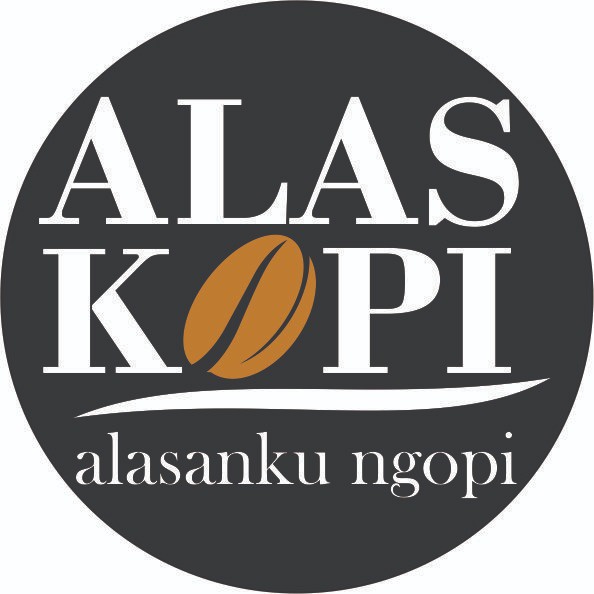
Produk Alas Kopi Shopee Indonesia
📍Alas Bali is the next destination - let's go to try Kopi Luwak. It is easy to get there, but it is uphill all the time. We come to the parking lot; do not confuse it with the many similar farms on the way. At the entrance, a hospitable host meets us, treats us with fruits, and we can take a bottle of water..

BIBIT KOPI ALAS MBLONGKO MALANG ) YouTube
Eating tasty kacamak is a nice experience here. Clients visit KOPI ALAS BALI to taste good coffee.You will be satisfied with the nice serviceThe pretty atmosphere makes a positive impression on guests. The overall rating of this place on Google is 5.
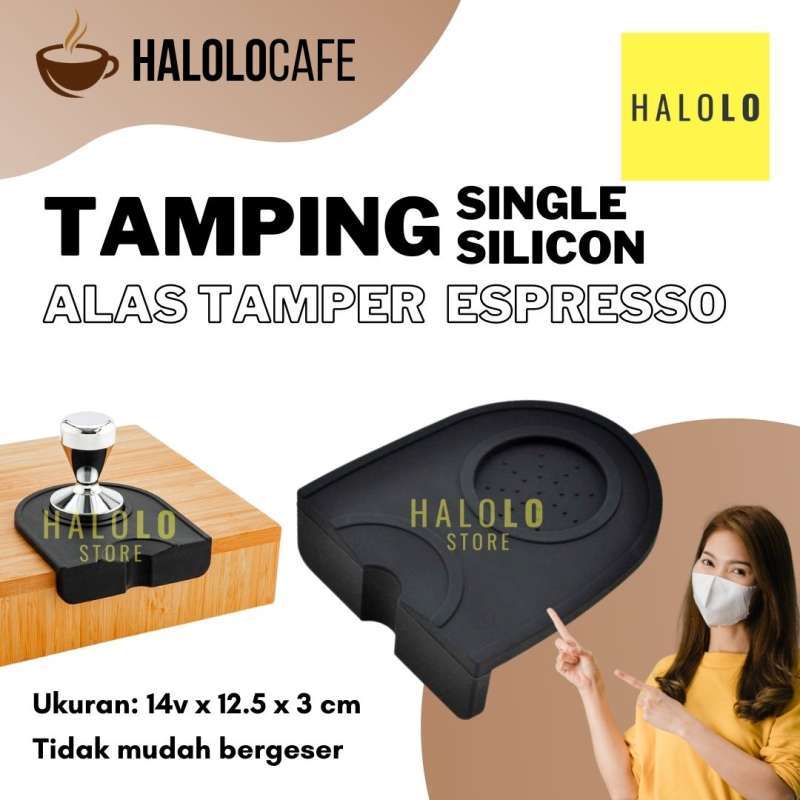
Promo Tamping Mat Kopi Alas Single Portafilet Silikon Espresso Tatakan Diskon 31 di Seller
Pros 1) easy trip to visit the luwak who makes the luwak coffee 2) try the real luwak coffee with relatively low price 50,000 (Indonesian currency) or roughly 3.5euro. 3) try 14 kinds of local tea and coffee for free 4) easy walk around the rice field (because it's set up for tourists) 5) Go for a swing Cons 1) packed with tourists 2) the rice field is pretty much set up for tourists. totally.

Tempat Ngopi Beredukasi di Alas Kopi Tradisional
Also known as civet coffee or cat poop coffee (due to its unique processing method), Kopi Luwak is an exotic delicacy revered by connoisseurs worldwide. The origins of this extraordinary brew can be traced back to colonial times when Dutch plantation owners prohibited local farmers from harvesting their ripe cherries.